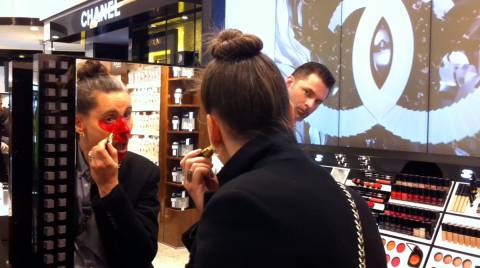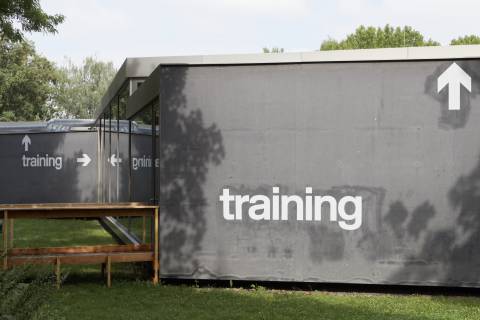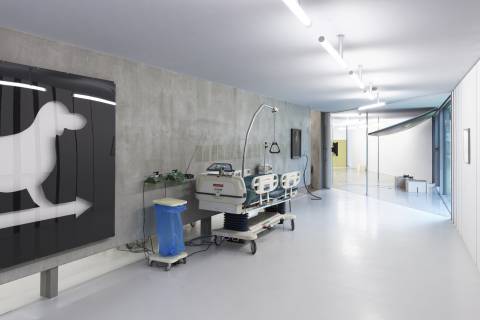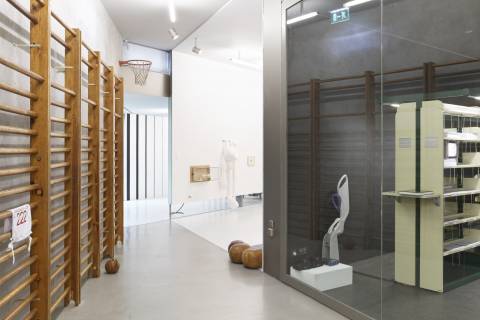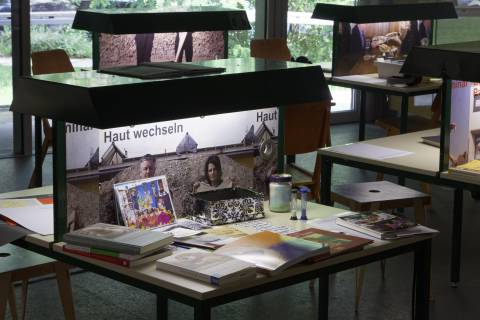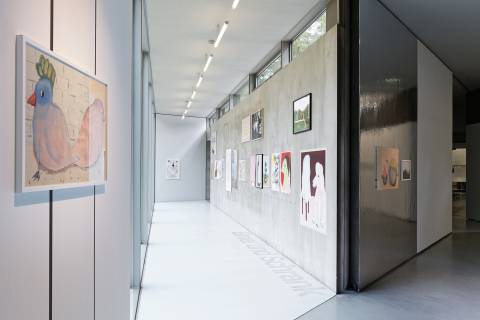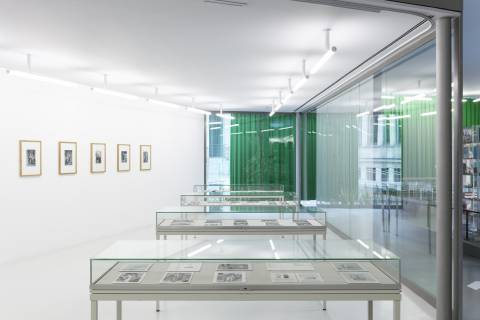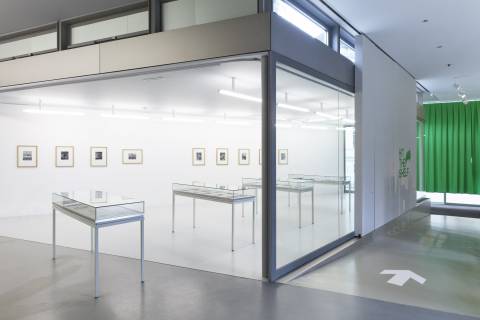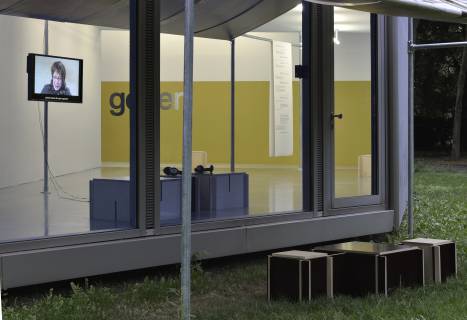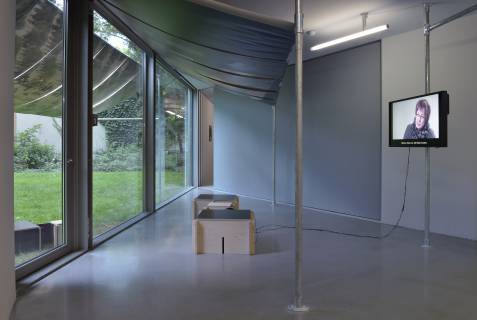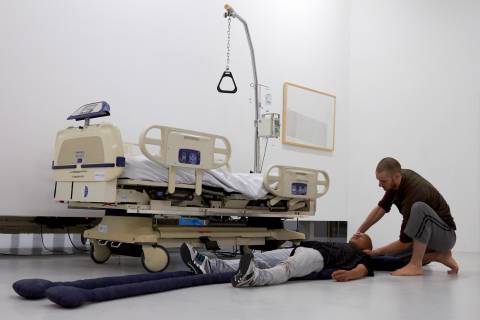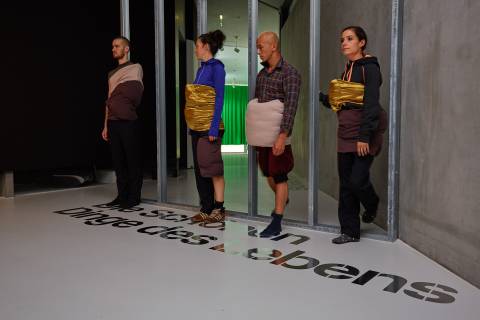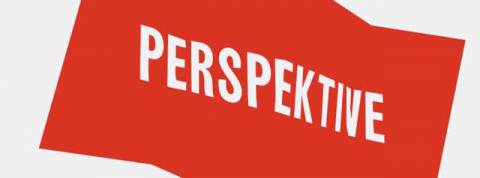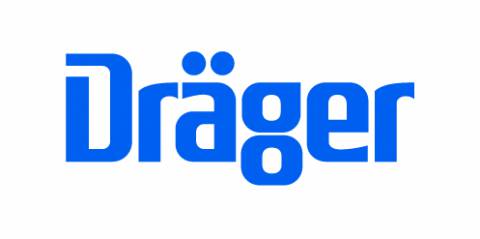The outward appearance of things, living beings and identities changes according to who is looking at them, and from what position. For individual and social life models, the perception of common ground plays just as important a role as the construction of differences. Affiliation and delimitation are defined along the lines of similar or divergent characteristics. The formulation of otherness can set opposing processes into motion. Whilst these can lead to the reorganisation of social positions and unities, differentiation always infers potential for the expression of power: here, it serves as an instrument to reinforce the domination of one supposedly superior, more legitimate form of existence over another. training, the second part in the series Travesty for Advanced Performers, counters the suppression of diversity and equality that can result from this. Visitors enter scenarios. Installations become stages or theatre/film production sets. training issues an invitation to test one’s own boundaries and possibilities, in search of a sphere of possibility that reaches out beyond the norm.
Travesty for Advanced Performers was devised within the context of discussions on immigration and violence against women, migrants and homosexuals. It investigates “normality” and examines the subject of majorities and minorities, with the aim of introducing a new dynamic to set patterns of social thought.
